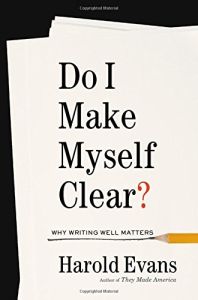
Do I Make Myself Clear?
Why Writing Well Matters
Recommendation
Venerated editor, best-selling author and celebrated journalist Sir Harold Evans shares his thoughts about writing well and cultivating the ability to make yourself understood. Evans, now in his 80s, is the former editor of The Sunday Times and The Times of London, former head of Random House, and current editor at large for Reuters. His “10 shortcuts to making yourself clear” are an essential guide for any writer. Evans is intelligent and witty. But the answer to the title question – “Do I make myself clear?” – is sometimes no. Evans tends to salt his text with his pet peeves and political views. Nonetheless, his writing guide is an engaging read, and you will learn about the art of good writing. getAbstract recommends his advice to anyone putting thoughts and ideas on paper or screens.
Summary
About the Author
Sir Harold Evans, editor at large for Reuters, is a best-selling author and former editor of The Sunday Times and The Times of London.


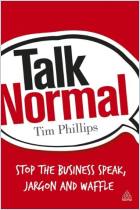
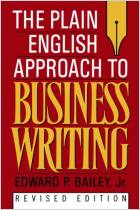
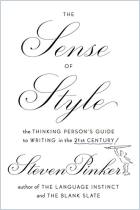
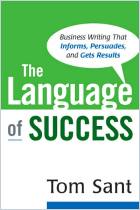
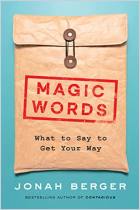
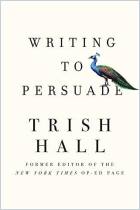






Comment on this summary